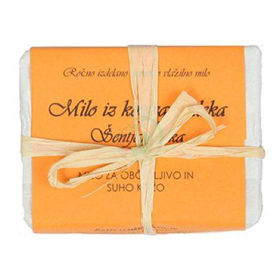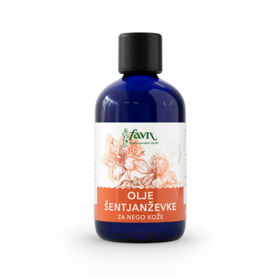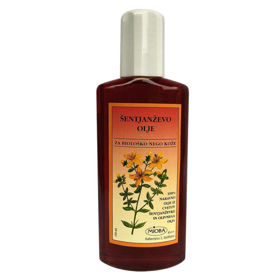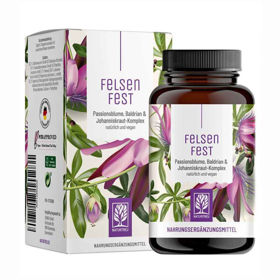Customer question:
Which part of the St. John's wort plant is used to make the medicinal extract? Anonymous customer.
Pharmacist's answer:
St. John's wort's most studied active ingredients are hypericin and pseudohypericin, which are found both in the leaves and the flowers. St. John's wort is marketed in many forms: capsules, tablets, tinctures, teas, and oil-based creams.
Powder forms of the dried herb are also available. Most products are standardized to contain 0.3% hypericin usually.
Are there drug interactions with St. John's wort?
St. John's wort products may interact with psychotropic medications, including nefazodone reuptake and selective serotonin reuptake inhibitors.
These include:
- Citalopram,
- Fluoxetine,
- Fluvoxamine,
- Paroxetine and
- Sertraline.
Other drugs that can have a negative effect (reason: mutual interactions and resulting side effects):
- Alprazolam (Xanax)
- Barbiturates
- Some chemotherapy drugs
- Some immunosuppressive drugs
- Some statins
- Contraceptive drugs
- Cytochrome substrates
- Dextromethorphan
- Digoxin (Lanoxin)
- Fexofenadine
- Ketamine (Ketalar)
- Narcotics
- Non-nucleoside reverse transcriptase inhibitors
- Omeprazole (Prilosec)
- Phenytoin (Dilantin, Phenytek)
- Medications for photosensitization
- Protease inhibitors
- Triptans
- Voriconazole
- Warfarin (Jantoven)
What are the possible side effects of taking St. John's wort?
St. John's wort is generally considered safe if taken orally for up to 12 weeks in appropriate doses.
However, larger doses can cause:
- excitement or anxiety
- dizziness
- diarrhea, constipation, and stomach discomfort
- dry mouth
- fatigue and insomnia
- headache
- increased sensitivity to sunlight (photosensitivity)
There is not enough information about the safety of topical St. John's wort.
Do not use St. John's wort during pregnancy and breastfeeding.
Interesting reading: Saint John's wort for joints













